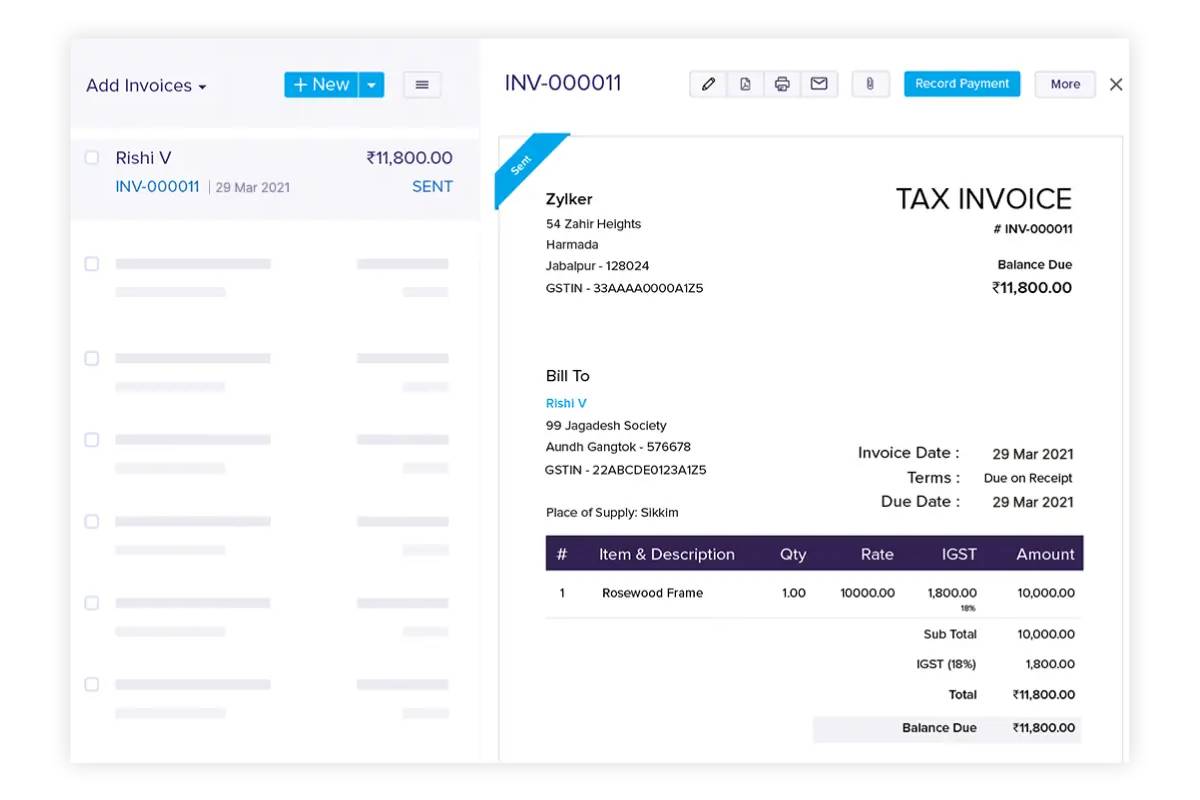
How to Avoid Common Tax Mistakes as a Freelancer
Being your own boss has many perks, but with freedom comes responsibility, especially when it comes to taxes. Every year, thousands of UK freelancers face HMRC penalties due to avoidable tax errors. Whether it’s missing deadlines, misreporting income, or misunderstanding allowable expenses, even simple mistakes can lead to costly consequences. In this guide, we’ll help you stay on top of your tax compliance and avoid the most common pitfalls.
Why Freelancers Must Pay Close Attention to Taxes
Freelancers don’t benefit from PAYE (Pay As You Earn) systems that automatically deduct tax. You must report and pay your own taxes through Self-Assessment. This added responsibility makes understanding tax rules vital.
The Cost of Getting It Wrong
- Late filing fines starting at £100
- Interest on overdue tax
- Penalties of up to 100% of unpaid tax for deliberate errors
- Stress and time spent correcting avoidable mistakes
The good news? With awareness and a few good habits, you can keep your freelance finances clean and penalty-free.
Quick-Reference Checklist: How to Avoid Freelancer Tax Mistakes
- Register for Self Assessment with HMRC on time
- Track income and expenses as you go
- Understand allowable expenses
- Set aside tax savings regularly
- Meet all tax deadlines (filing and payment)
- Use tools or professionals for accurate calculations
- Keep records for at least five years
Step-by-Step Guide: Avoiding Common Tax Errors

1. Register for Self-Assessment Promptly
If you earn more than £1,000 from self-employment in a tax year, you must register with HMRC by October 5 following the end of that tax year.
Pro Tip: Don’t wait until the deadline. Early registration gives you time to receive your UTR (Unique Taxpayer Reference) and familiarise yourself with the system.
2. Keep Accurate and Ongoing Records
Many freelancers scramble during tax season because they’ve neglected to track their finances.
Avoid this by:
- Logging every payment and invoice
- Recording expenses immediately
- Using tools like QuickBooks, FreeAgent or Excel
Organise your records by category: income, marketing, subscriptions, travel, etc.
3. Understand What You Can (and Can’t) Claim
Failing to claim allowable expenses leaves money on the table. Claiming disallowed expenses, however, risks penalties.
Allowable Expenses Include:
- Software subscriptions
- Phone and internet (business portion)
- Office supplies
- Travel for work (not commuting)
- Use of home office (flat rate or actual costs)
Not Allowable:
- Personal holidays
- Everyday clothing
- Meals, unless travelling for work
If in doubt, consult HMRC’s guide on business expenses.
4. Save for Tax All Year Round
One of the most common freelancer tax mistakes is failing to set aside enough to cover your bill.
Best Practice:
- Save 20% to 30% of each payment
- Keep it in a dedicated savings account
- Review quarterly based on your profit and tax bracket
5. Don’t Miss Filing or Payment Deadlines
Deadlines for Self-Assessment:
- October 31: Paper tax return
- January 31: Online return and tax payment
- July 31: Second payment on account (if required)
Set digital calendar reminders. HMRC also offers email alerts you can sign up for.
Late Filing Penalties:
- £100: Instantly after the deadline
- Up to £1,600: If over 12 months late
6. Report All Your Income
Freelancers often earn from multiple streams: clients, platforms, affiliate links, or content monetisation. HMRC expects you to report everything.
Include:
- UK and overseas clients
- Digital platforms (Fiverr, Upwork, Etsy)
- Bank interest and investment income
- Rental income, if applicable
Avoid underreporting. HMRC cross-checks with banks and third-party platforms.
7. Use the Right Forms and Sections
When completing your tax return:
- Use the SA103 form (short or full version)
- Fill in additional sections for things like property or capital gains
Incorrect sections or missing supplementary pages can delay processing or trigger errors.
8. Claim Tax Relief and Allowances
Many freelancers forget to claim:
- Capital Allowances: For equipment or machinery purchases
- Trading Allowance: Up to £1,000 tax-free income if you don’t claim expenses
- Pension Contributions: Eligible for tax relief
If you’re VAT registered, don’t forget to deduct input VAT from output VAT.
Pro Tip: Hire an accountant or use reputable tax software
Important: Do a quarterly mini-tax return to keep things fresh
Avoid These Common Pitfalls:

- Losing receipts: No evidence = no claim
- Not checking your tax code: Especially if you also have employment income
- Ignoring Payment on Account rules: You may need to prepay part of next year’s tax
Best Practices for Tax Compliance
- Separate bank account: Keeps finances clear and simplifies reconciliation
- Monthly reviews: Spend 30 minutes reviewing income/expenses
- Use cloud backups: Secure your records and receipts
- Regular learning: Attend webinars or read HMRC updates
- Schedule a year-end prep day: Gather records, receipts, and statements in advance
Pro Tip: Consider joining a freelance community or forum where members share tips on surviving tax season.
Frequently Asked Questions (FAQs)
Q: What happens if I make a mistake on my tax return?
A: You can amend your return up to 12 months after the deadline. Notify HMRC as soon as possible to reduce penalties.
Q: Do I need to pay tax if I earn under £12,570?
A: You may not owe Income Tax, but you still need to file if you’re registered. You might still owe Class 2 NICs.
Q: How long should I keep my records?
A: HMRC recommends five years from the January 31 deadline following the tax year.
Q: Can I claim startup expenses before I began trading?
A: Yes. If they were wholly for the business, you can claim up to 7 years’ worth of pre-trading expenses.
Q: What if I can’t pay my tax bill?
A: Contact HMRC to set up a Time to Pay arrangement and avoid escalating penalties.
Avoid These Common Pitfalls:
Freelancing is empowering, but it comes with responsibilities, and taxes are a big one. Avoiding tax errors, dodging HMRC penalties, and staying on top of tax compliance can save you time, money, and stress.
With good habits, timely submissions, and clear records, you can master the freelance tax game. Don’t go it alone if you’re unsure—accountants and software exist to help.
Next step? Schedule a tax day this week to check your records, plan savings, and set reminders. Your future self (and your bank balance) will thank you.


